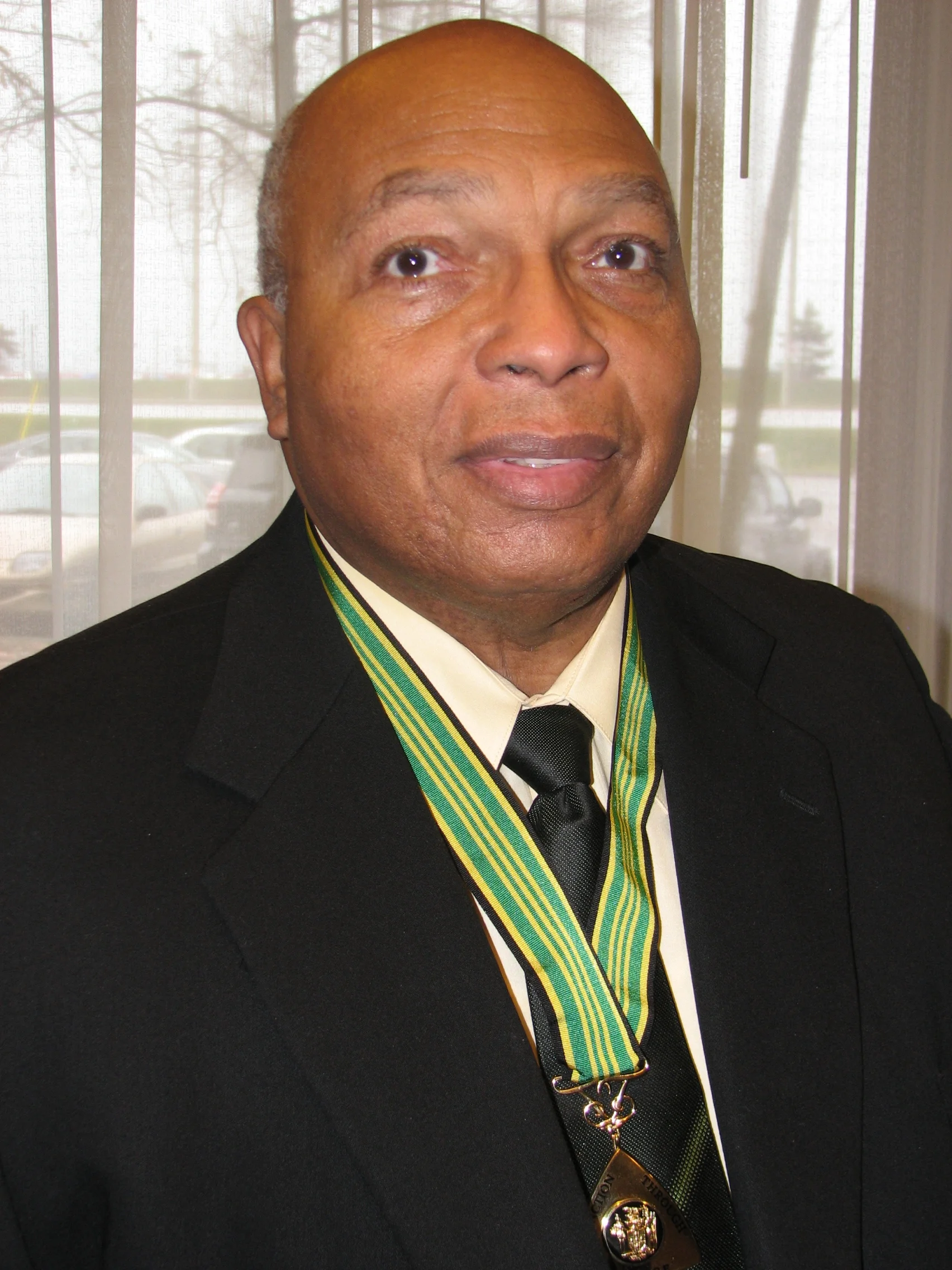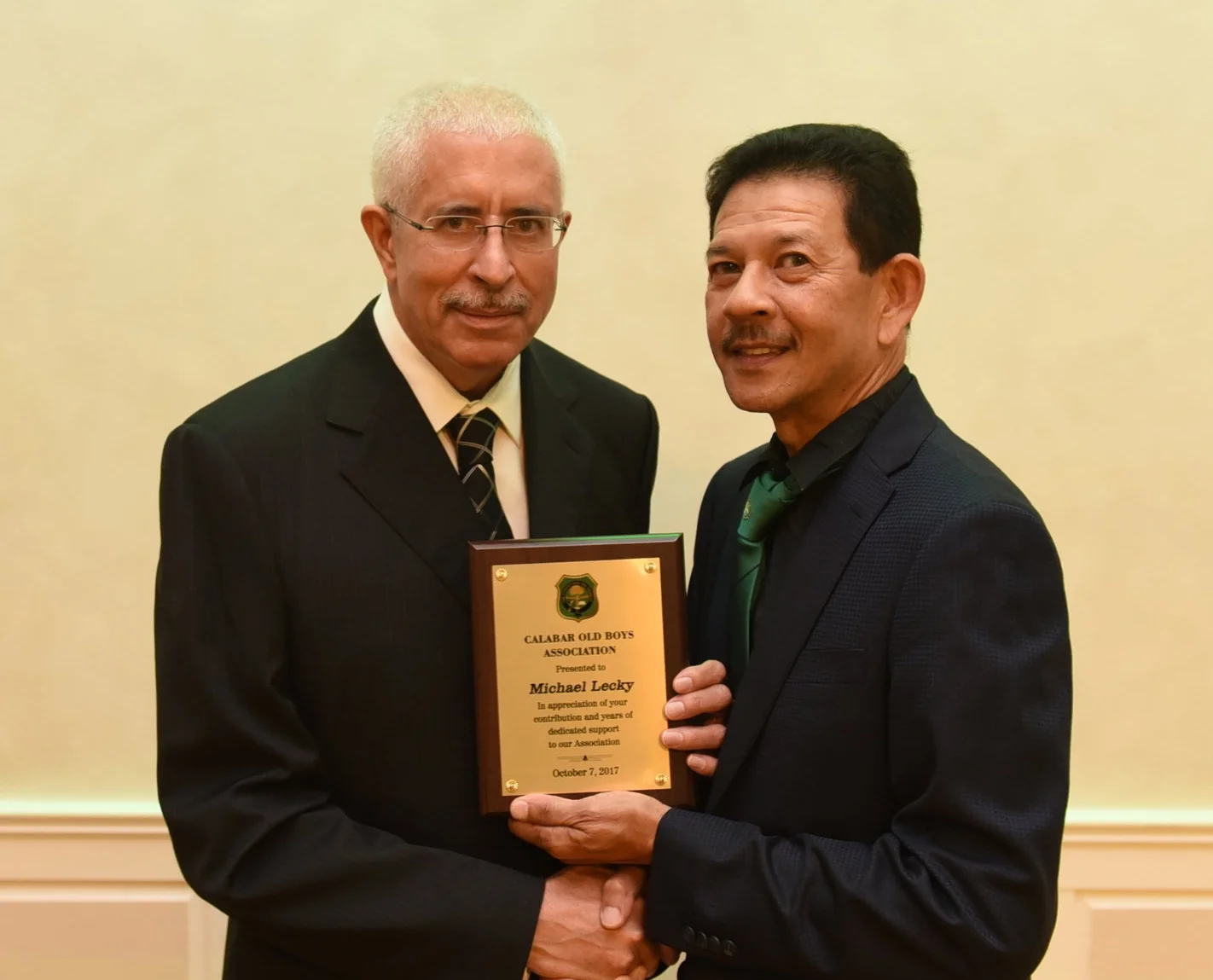Calabar has served Jamaica in many ways
October 19, 2017
From Osmond Theodore Fairclough and Roger Mais to the brothers Sir Philip and Hugh Sherlock and PJ Patterson, Calabar College has produced stellar graduates who have excelled in every sphere of life in Jamaica and internationally.
Fairclough co-founded a newspaper – The Public Defender – in 1937 to promulgate his ideas about Jamaica’s nationhood and helped create the People’s National Party (PNP) a year later, Mais was a distinguished writer and Order of Jamaica recipient and Sir Philip founded the University College of the West Indies (now the University of the West Indies) while his brother penned the words of the Jamaican anthem and created Boys Town, one of the most effective inner city institutions, whose products include West Indies cricket all-rounder Collie Smith who was destined for greatness before passing away in hospital just days after a vehicular accident in England in September 1959. He was just 26.
The PNP leader for 14 years, Patterson was Jamaica’s longest serving Prime Minister before stepping down 11 years ago.
Founded by the Jamaica Baptist Union for children of Baptist ministers and underprivileged Black male students, the school produced Rhodes scholars Dr. Franklyn Prendergast who has greatly influenced the direction of healthcare and medical sciences research in the United States and around the globe; Florida-based orthopaedic surgeon Michael Abrahams and lawyer Rudolph Smellie.
In the keynote address at the Calabar Old Boys Association (COBA) of Canada benefit gala recently in Toronto, Ewart Walters reminded alumni and their friends that the school has served Jamaica in many ways.
“One of these was Calabar’s role in the emerging Jamaican music, beginning around 1960-62,” the Ottawa resident said. “Prominent among the artists were Calabar’s Butler brother (Leslie and Harold) who studied the organ and the piano. But even more central was the man who held sway first at the Mona campus students union and then at the fabulous Sombrero Club. Carlos Malcolm named his band Carlos Malcolm & the Afro-Jamaican Rhythms.”
Walters, who spent a year with ‘The Public Opinion’ that folded in 1962 and wrote for the ‘Jamaica Gleaner’ and the ‘Jamaica Daily News’ with which he worked from its inception in 1973 to 1976 (the publication ceased in 1983) before starting the defunct ‘Spectrum’ monthly newspaper in August 1984, said the school’s contribution to the creation of the Jamaican nation didn’t end with politics, journalism and music.
“You must also remember that when Calabar boys Herb McKenley and Arthur Wint along with George Rhoden and Les Laing lifted our spirits with their wonderful gold medal performances at the 1952 Helsinki Olympics that there was no such thing as the nation of Jamaica,” he pointed out. “They ran under the Union Jack. I believe there’s nothing wrong with Jamaica that Jamaicans, working together in unity, can’t fix. The fix that took us from colonialism to independence was made by Jamaicans working together. The problems we encountered since then are created by Jamaicans working separately in extreme partisanship. But we have still not broken free of colonialism’s shadow.”
The first Black editor of Carleton University’s weekly student newspaper, Walters encouraged Calabar graduates to play more active roles in their Canadian communities.
“You are the salt of the earth,” the Order of Ottawa and Jamaica’s Order of Distinction recipient said. “You are invested with the courage and wisdom of being honed by the 107-year-old school. There are matters in this city that affect you, your children and your grandchildren. What happens on the street, in city hall and at the police services board, Queen’s Park and the federal cabinet affects you. The criminalization of driving while Black affects you as is the illegal practice of carding. You don’t even have to attend these meetings if time is a concern. Just write to your city councilor, your Mayor, your Member of Provincial Parliament or your Member of Parliament. They are there to represent you. Send emails. Let them know what you think and what you think they should do.”
Calabar opened its doors on September 19, 1912 with 29 students, becoming Jamaica’s 13th high school.
Walters, who spent six years with the Jamaica Foreign Service before starting his own newspaper, and University of Toronto professor emeritus Dr. Keith Ellis who was the first Jamaican-born scholar to be awarded an honourary doctorate by the University of Havana and the first Black to be elected a Fellow of the Royal Society of Canada which is the highest honour a scholar can receive in the arts, humanities and science, were classmates at Calabar where they boarded.
Other eminent graduates who made their mark in Canada were York University professor emeritus Dr. George Eaton who was the only Jamaican to be awarded the Guy Drummond Fellowship for post graduate studies at the University of Paris; Reverend Lance Morgan who migrated to Prince George in 1962 and launched The First Baptist Church in British Columbia’s northern capital city two years later and University of Manitoba professor emeritus and former Canadian Association of Hispanics secretary-treasurer Dr. Donald Gordon. They are deceased.
Another outstanding alumni, Michael Lecky, was honoured for his dedicated support to the COBA.
Michael Lecky (l) received his award from COBA Canada chapter president Eugene Chang
He is a former president of the organization and active supporter.
“My professional life is imbued with integrity and hard work that I developed at Calabar where I also made lifelong friends,” he said. “Those were among the best days of my life.”
Two years after graduating in 1970, Lecky – then 19 – represented Jamaica in cycling at the 1972 Munich Olympics. He took part in the men’s individual and team 4,000-metre pursuit and the individual road race.
Lecky also rode in the 1970 Central American & Caribbean Games in Panama City and the 1971 Pan American Games in Cali, Colombia.
In the same year he attended the summer Olympics, he joined Caribbean Atlantic Life Insurance as a life insurance and financial advisor. Four years later, he was appointed life operations manager for Haiti.
Migrating to Canada in 1979, Lecky launched Alliance Financial Group three years later. He also founded Manhattan Realty Inc. which is being run by his wife Diane and daughter Amanda and Manhattan Mortgage Services Inc. managed by another daughter – Michelle who was Miss Jamaica Universe 2003. His son, Neil, manages the investments and financial planning side of the business.
A York University graduate, Lecky served as president of the Black Business & Professional Association and chair of George Brown College’s board of governors. He was also a member of the Royal Canadian Mounted Police’s commissioner’s advisory committee on visible minorities.







